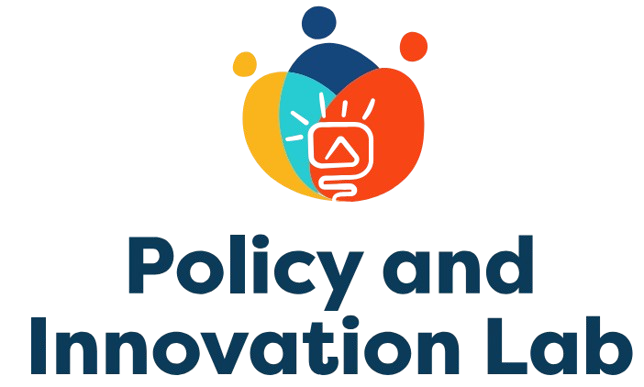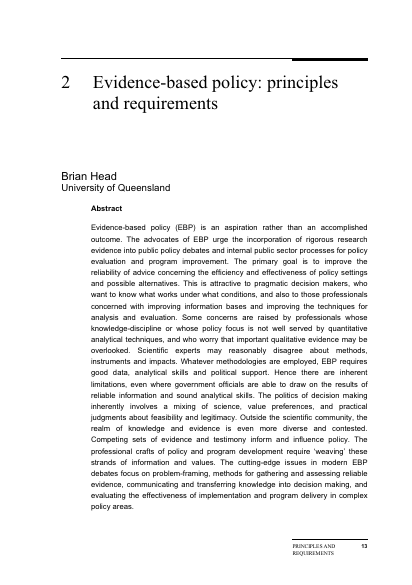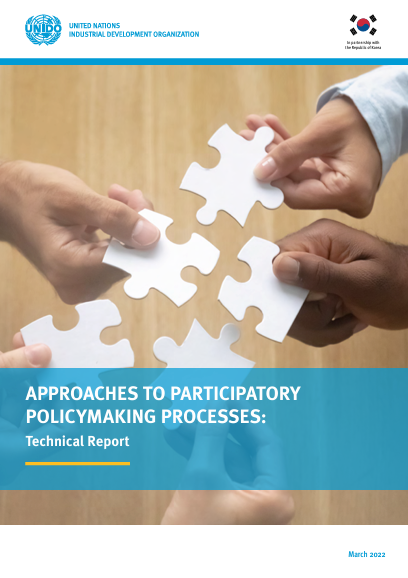Policy Development Process
1. Overview of Policy Formulation in Pakistan
Policy formulation in Pakistan is a complex process involving various actors, including government bodies, political leaders, civil society, think tanks, and international organizations. The process begins with identifying a need or problem that requires government intervention, followed by drafting, consultation, approval, and implementation.
Youth participation in policymaking is crucial for several reasons:
- Representation of Interests: With nearly two-thirds of Pakistan’s population under 30, policies that reflect the needs and aspirations of young people are essential for sustainable development.
- Innovation and Fresh Perspectives: Young people bring innovative ideas and fresh perspectives to policy discussions, which can lead to more effective and forward-looking solutions.
- Democratic Engagement: Engaging in policymaking empowers young people, fosters a sense of ownership in the democratic process, and strengthens civic responsibility.
Given the significant challenges facing the country—such as unemployment, climate change, and access to quality education—youth participation is not just important; it is essential for the future of Pakistan.
2. Key Actors in Policy Formulation
- Government Institutions: The primary actors are the federal and provincial governments. Key institutions include the Ministry of Planning, Development, and Special Initiatives, and other relevant ministries based on the policy area.
- Legislators: Members of the National Assembly and Senate play a crucial role in discussing, debating, and passing policies into law.
- Bureaucracy: Senior civil servants, particularly in the Planning Commission and relevant ministries, draft policies and ensure alignment with national priorities.
- Political Leadership: The Prime Minister and Cabinet are influential in setting policy priorities and providing final approval.
- Civil Society and Think Tanks: CSOs and think tanks contribute by providing research, analysis, and advocacy to influence policy decisions.
- International Organizations: Entities such as the UNDP, UNFPA, UNICEF and World Bank provide technical support, funding, and best practices for policy development.
3. Types of Policies in Pakistan
- Economic Policies: These include fiscal, monetary, and trade policies aimed at stabilizing and growing the economy.
- Social Policies: Policies addressing health, education, gender equality, and poverty alleviation fall under this category.
- Environmental Policies: These policies focus on climate change, natural resource management, and sustainable development.
- Security Policies: Policies related to national defense, internal security, and counterterrorism.
- Foreign Policies: Policies that govern Pakistan’s relations with other countries and international organizations.
4. Evidence-Based Policymaking
Evidence-based policymaking involves the use of data, research, and empirical evidence to inform policy decisions. This approach ensures that policies are grounded in reality and are more likely to achieve their intended outcomes. In Pakistan, evidence-based policymaking is increasingly recognized as crucial for effective governance.
- Data Collection and Analysis: Policymakers rely on accurate and timely data to understand the issues at hand. This involves collaborating with research institutions, universities, and international organizations.
- Pilot Projects and Evaluations: Before implementing policies at a national level, pilot projects can be conducted to assess their effectiveness. Evaluating these projects provides valuable insights that can guide larger-scale implementations.
- Incorporating Local Context: While global best practices are important, policies must be tailored to the local context of Pakistan. Evidence-based policymaking ensures that policies are relevant and responsive to the unique challenges faced by the country.
For young people, contributing to evidence-based policymaking involves engaging with research, participating in data collection efforts, and advocating for policies that are backed by solid evidence.
5. Youth Participation in Policymaking
Young people in Pakistan can play a vital role in policy formulation through the following avenues:
- Youth Organizations and Think Tanks: Joining or collaborating with youth-centric think tanks, which focus on youth development can provide a platform to contribute to policy discussions.
- Consultation Processes: Engaging in public consultations held by government ministries and departments allows youth to voice their opinions on proposed policies.
- Youth Advisory Committees: Some ministries have established youth advisory committees where young people can directly contribute to policy discussions.
- Policy Advocacy and Campaigns: Youth can mobilize through advocacy campaigns to influence policy changes in areas of interest, such as education reform or climate action.
- Submitting Policy Proposals: Young professionals or students can draft policy proposals and submit them to relevant government departments or ministries for consideration.
6. Registering Policies with Ministries
To register or submit a policy proposal, young people can follow these steps:
- Research and Drafting: Conduct thorough research on the policy issue and draft a comprehensive proposal.
- Engage with Relevant Ministries: Identify the appropriate ministry (e.g., Ministry of Education for educational policies) and submit the proposal through formal channels.
- Seek Endorsements: Gain support from stakeholders, including civil society organizations or think tanks, to strengthen the proposal.
- Follow-Up: Regularly engage with ministry officials to track the progress of the proposal and provide additional information if needed.





